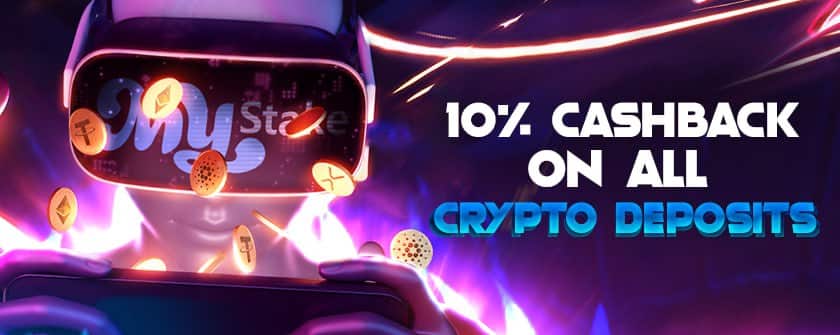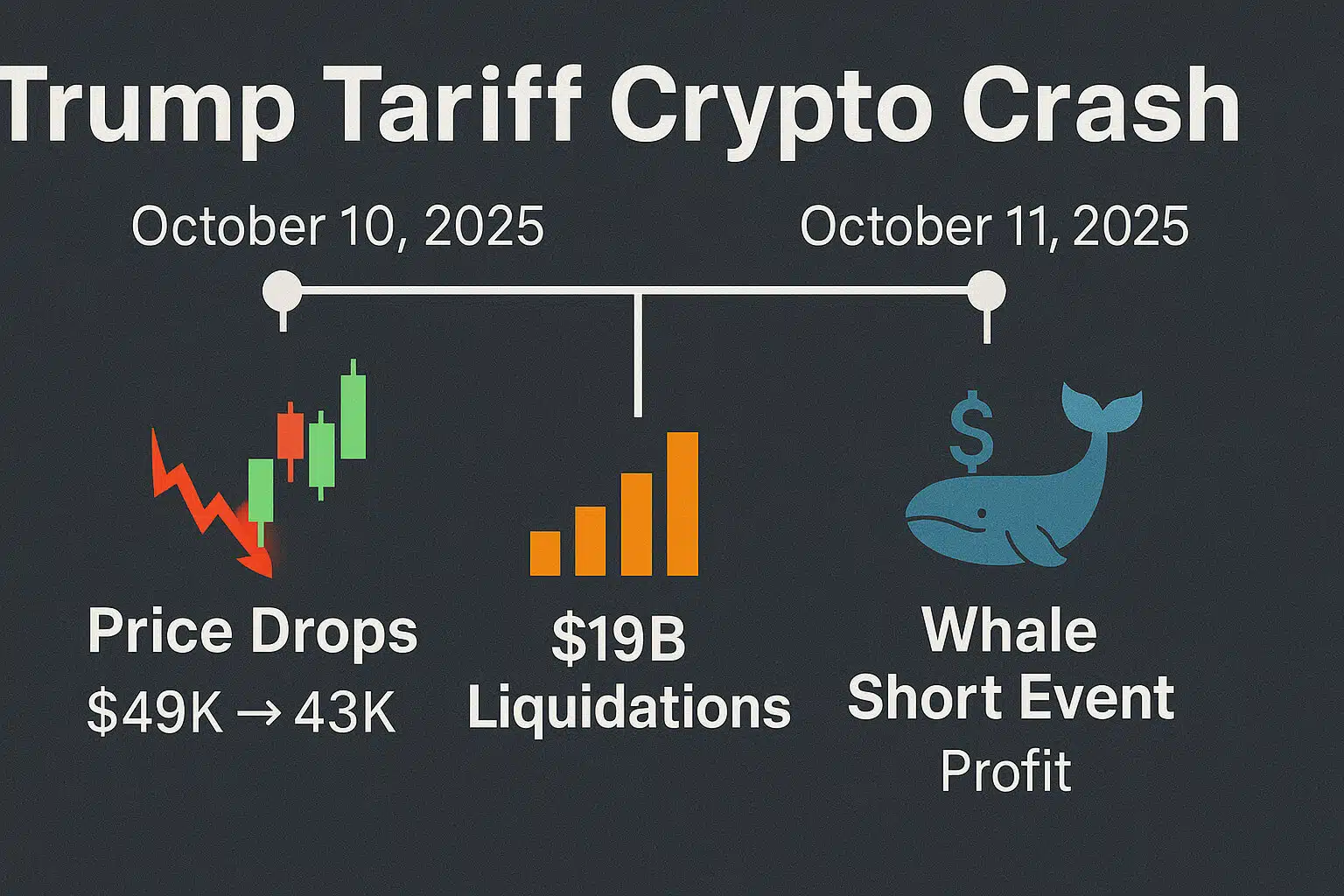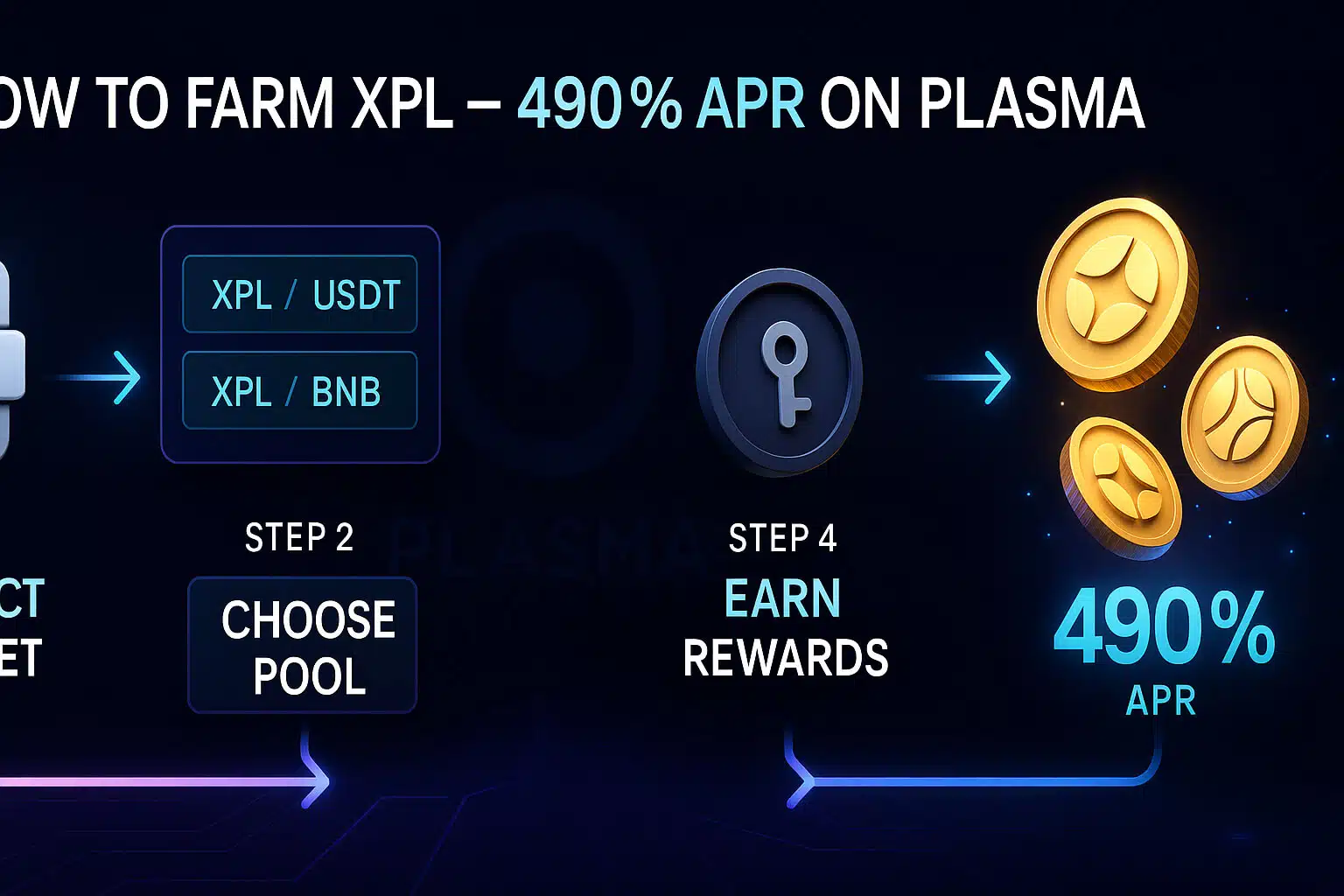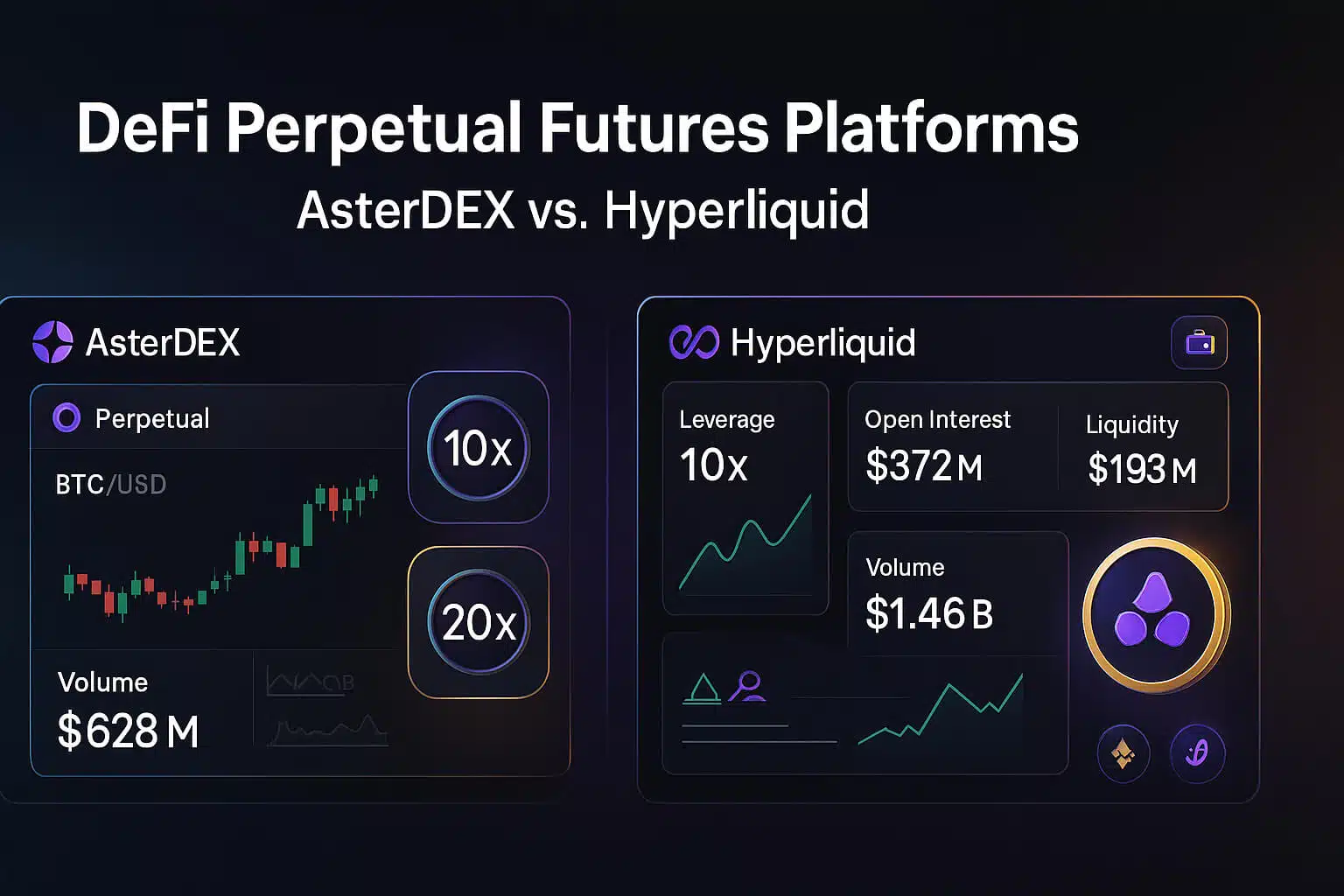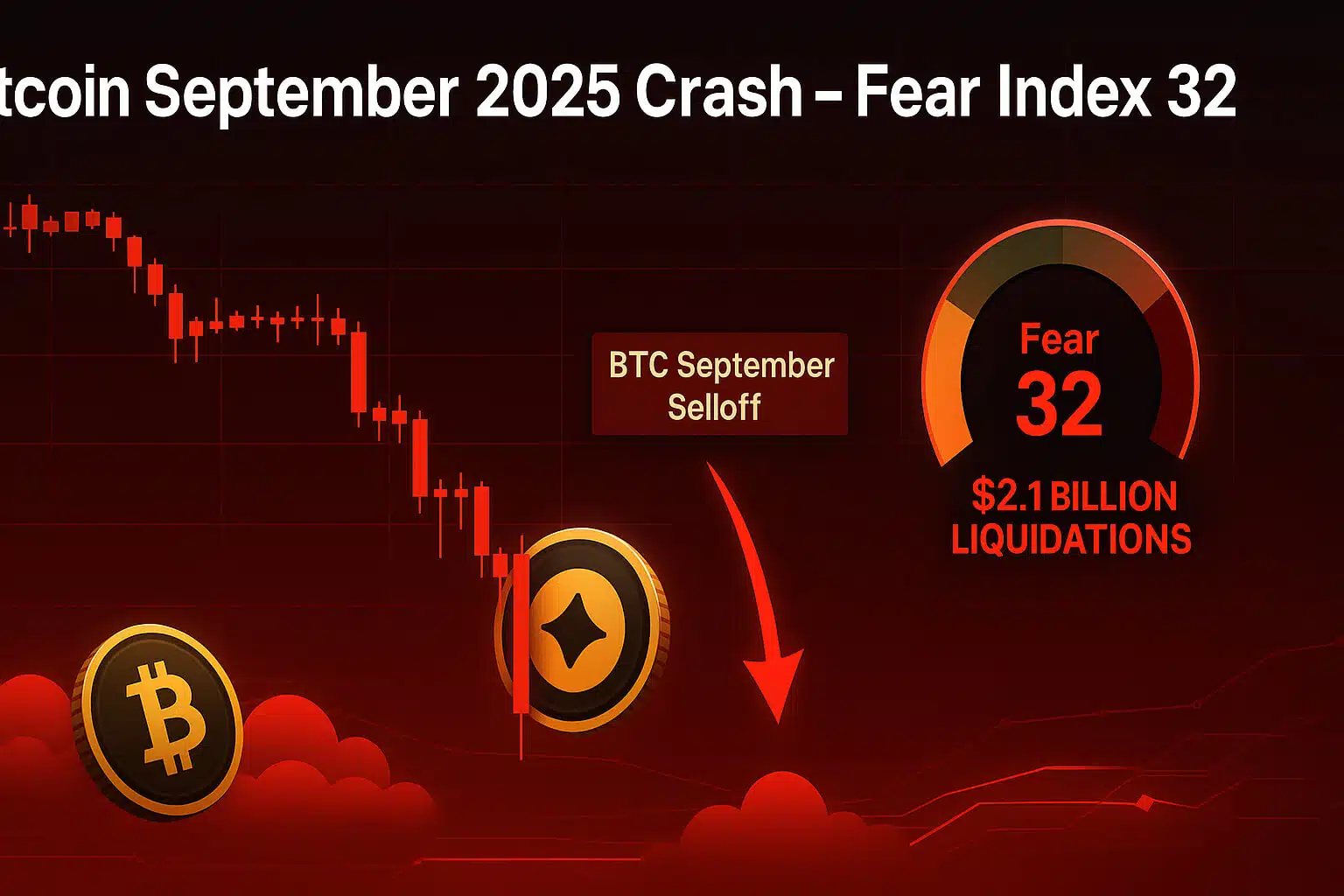1. The Traditional Real Estate Landscape
The real estate industry traditionally involves complex, lengthy, and often opaque processes. Property transactions usually take weeks or even months to complete. The process also relies heavily on intermediaries, such as brokers, agents, and legal professionals. As a result, real estate has long needed a technological overhaul. Blockchain technology, with its secure, transparent, and efficient solutions, emerges as a key driver of this change. This article explores how blockchain is transforming real estate, driving innovation, and creating a more efficient and secure marketplace.
2. Blockchain’s Role in Real Estate Transactions
One of the most significant ways blockchain impacts real estate is by revolutionizing transactions. Traditionally, real estate deals involve multiple steps, numerous parties, and a mountain of paperwork. However, blockchain technology simplifies this process by enabling secure, transparent, and nearly instantaneous transactions.
A. Streamlining Transactions
Blockchain drastically reduces the time and cost associated with real estate transactions. By using smart contracts self-executing contracts with terms coded directly nblockchain automates many of the steps involved in buying and selling property. This automation eliminates the need for intermediaries and minimizes the risk of human error.
- Example: A real estate transaction typically requires title searches, escrow services, and the transfer of funds. Blockchain streamlines these steps into a single smart contract, which automatically verifies the title, transfers ownership, and releases funds upon completion. As a result, transaction time reduces from weeks to just a few days or even hours.
B. Enhancing Transparency
Transparency plays a crucial role in real estate transactions, especially when verifying ownership, checking property history, and ensuring compliance with contract terms. Blockchain’s immutable ledger provides a transparent and verifiable record of every transaction, accessible to all involved parties.
- Example: In a blockchain-based real estate deal, every step—from the initial agreement to the final transfer of ownership—gets recorded on the blockchain. This ensures that all parties access the same information, reducing the risk of fraud and disputes. For instance, a buyer verifies the ownership history of a property by accessing the blockchain ledger, ensuring the seller legally holds the right to sell.
C. Reducing Costs
The traditional real estate process involves various fees, including agent commissions, legal fees, and costs associated with title insurance and escrow services. Blockchain significantly reduces these costs by eliminating intermediaries and streamlining the transaction process.
- Example: By using a blockchain-based platform, buyers and sellers avoid paying hefty commissions to agents and brokers. Additionally, smart contracts reduce legal fees by automating contract verification and enforcement. This cost reduction makes real estate transactions more affordable, especially for first-time homebuyers.
3. Blockchain and Property Ownership
Beyond transactions, blockchain transforms how property ownership is recorded, verified, and transferred. The decentralized nature of blockchain technology makes it ideal for creating a secure and transparent system of property ownership.
A. Decentralized Property Registries
Property ownership records traditionally get maintained by government agencies and other centralized entities. These records often remain vulnerable to errors, fraud, and manipulation. Blockchain offers a decentralized solution, where property ownership gets recorded on a public or private blockchain, creating an immutable and verifiable record.
- Example: In G eorgia, the government partners with blockchain company Bitfury to create a blockchain-based land registry. This system records property transactions on a blockchain, providing a secure and transparent record of ownership resistant to tampering and fraud. The success of this initiative prompts other countries to explore similar solutions.
B. Fractional Ownership
Blockchain also enables new models of property ownership, such as fractional ownership. This concept allows multiple investors to own a share of a property, with their ownership recorded on the blockchain. Fractional ownership makes it easier for individuals to invest in real estate by lowering the financial barrier to entry.
- Example: A luxury apartment in New York City gets tokenized on a blockchain, with each token representing a share of ownership. Investors purchase tokens, allowing them to own a fraction of the property. This model opens up real estate investment to a broader audience, enabling people to invest in high-value properties that would otherwise be out of reach.
C. Simplifying Ownership Transfers
Transferring property ownership traditionally involves a complex and time-consuming process, often requiring the involvement of multiple parties and extensive paperwork. Blockchain technology simplifies this process by enabling the direct transfer of ownership through smart contracts.
- Example: In a blockchain-based system, property ownership transfers instantly upon completing a transaction. The smart contract automatically updates the ownership record on the blockchain, eliminating the need for manual paperwork and reducing the risk of errors. This streamlined process makes it easier for individuals and businesses to buy and sell property, particularly in international transactions where traditional methods can be cumbersome.
4. Increasing Efficiency and Reducing Fraud
Efficiency and fraud prevention remain critical concerns in real estate. Blockchain technology addresses these issues by providing a secure, transparent, and efficient system for recording and verifying transactions.
A. Automating Due Diligence
Due diligence plays a vital role in any real estate transaction, involving the verification of property details, legal status, and ownership history. Blockchain automates much of the due diligence process by providing a transparent and immutable record of all relevant information.
- Example: Before purchasing a property, a buyer accesses the blockchain to verify the property’s ownership history, legal status, and any existing liens or encumbrances. This information gets recorded on the blockchain, eliminating the need for manual searches and reducing the risk of errors. Automating due diligence with blockchain saves time and reduces the cost of real estate transactions.
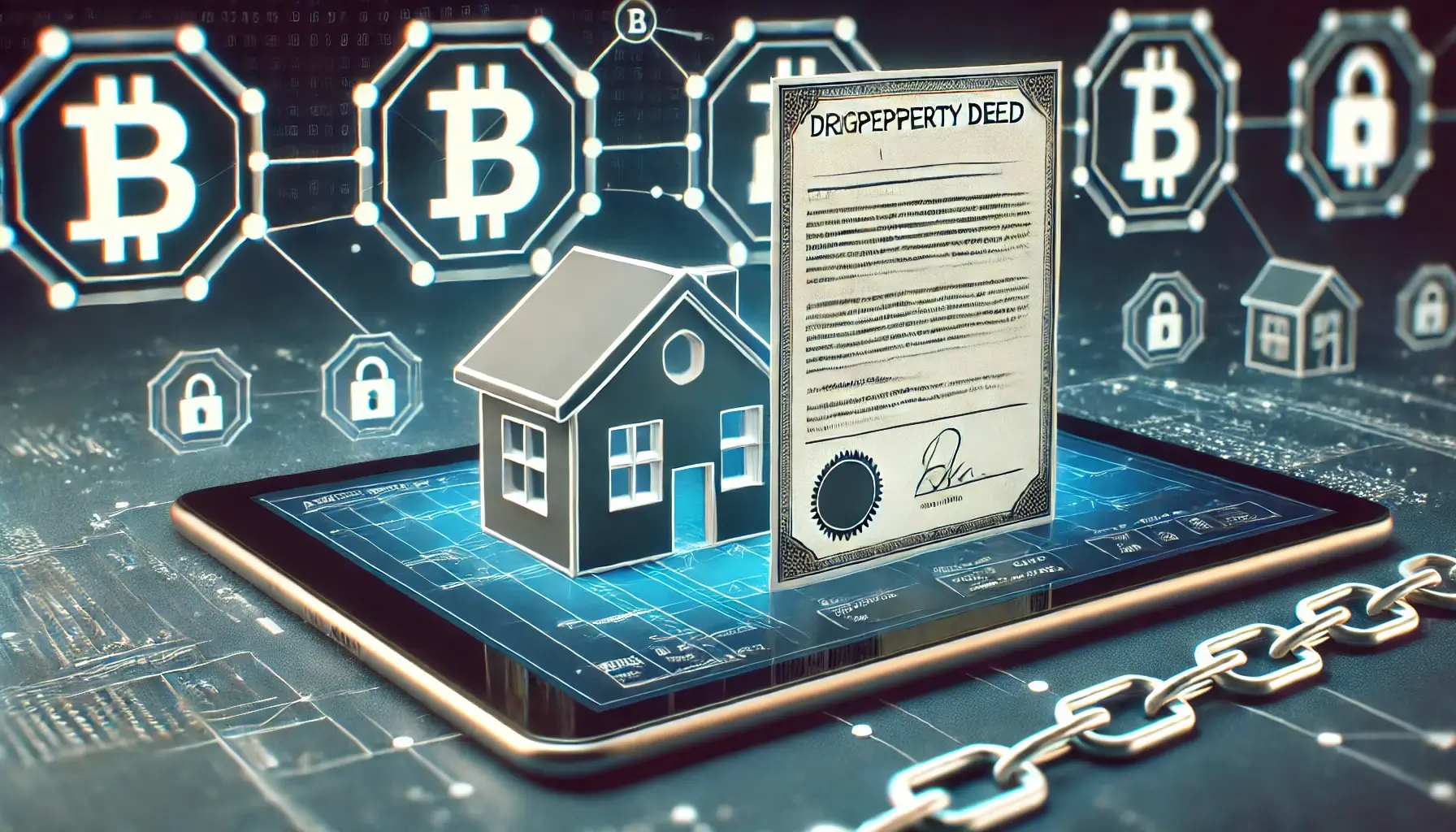
B. Preventing Fraud
Fraud remains a significant issue in real estate, with cases of forged documents, fraudulent transfers, and title disputes being all too common. Blockchain’s immutable ledger provides a solution to these problems by ensuring that all transactions are transparent, verifiable, and resistant to tampering.
- Example: In a blockchain-based real estate system, all documents and transactions get recorded on the blockchain, creating a permanent and tamper-proof record. This makes it much more difficult for fraudsters to forge documents or manipulate ownership records. For instance, if someone attempts to sell a property they do not own, the blockchain ledger reveals the true ownership history, preventing the fraudulent sale.
5. The Future of Real Estate with Blockchain
As blockchain technology continues evolving, its impact on real estate likely grows. Future developments could further revolutionize how real estate gets bought, sold, and managed.
A. Smart Cities and Blockchain
As cities become smarter and more connected, blockchain technology plays a key role in managing and securing real estate assets. From smart contracts for leasing and maintenance to blockchain-based registries for land and property, integrating blockchain into smart cities enhances efficiency and transparency.
- Example: In a smart city, landlords use blockchain-based smart contracts to automatically manage rental agreements, including rent collection, maintenance requests, and lease renewals. This automation reduces the need for manual management and ensures that all transactions get recorded transparently on the blockchain.
B. Tokenized Real Estate Markets
The concept of tokenizing real estate dividing properties into digital tokens that get bought and sold on a blockchain leads to developing new, decentralized real estate markets. These markets allow for greater liquidity, easier access to investment opportunities, and more flexible ownership structures.
- Example: Imagine a global real estate market where investors buy and sell tokens representing shares in properties worldwide. These tokens get traded on blockchain-based platforms, providing investors with a new level of flexibility and liquidity in the real estate market. Tokenized real estate also makes it easier to diversify investment portfolios, as investors purchase tokens representing a range of properties across different regions and asset classes.
C. Integration with Other Emerging Technologies
Blockchain’s potential in real estate enhances further by integrating with other emerging technologies, such as artificial intelligence (AI), the Internet of Things (IoT), and big data. These technologies work together to create a more intelligent, efficient, and transparent real estate ecosystem.
- Example: AI analyzes data from blockchain-based property records to identify trends and make predictions about future market conditions. IoT devices provide real-time data on property conditions, which gets recorded on the blockchain to ensure accuracy and transparency. Together, these technologies enable smarter decision-making and more efficient management of real estate assets.
The Future of Real Estate
Blockchain technology is revolutionizing the real estate industry by streamlining transactions, enhancing transparency, and creating new models of ownership. From reducing costs and increasing efficiency to preventing fraud and enabling new investment opportunities, blockchain is transforming how real estate gets bought, sold, and managed. As the technology continues evolving, its impact on the real estate industry only grows, paving the way for a more secure, transparent, and efficient marketplace. The future of real estate is undoubtedly tied to the continued development and adoption of blockchain technology, making it an essential component of the industry’s evolution.
For more insights and detailed guides on blockchain technology and its impact on various industries, visit our Cryptocurrency Comparisons Guides.
Stay Updated
For the latest updates on how blockchain is transforming industries like real estate, follow us on:
Stay informed with the latest strategies and insights in the world of cryptocurrency at FreeCoins24.io.
Special Offer
Looking to explore blockchain solutions in real estate? Sign up on Bybit today and take advantage of up to $30,000 in deposit bonuses. Discover the benefits of blockchain in real estate on a trusted platform.







